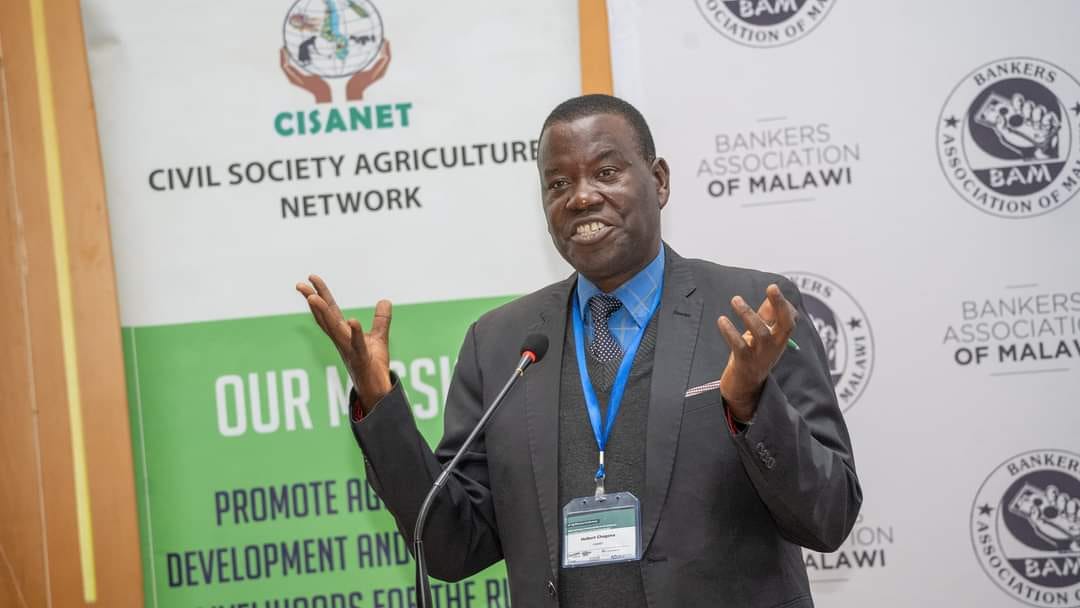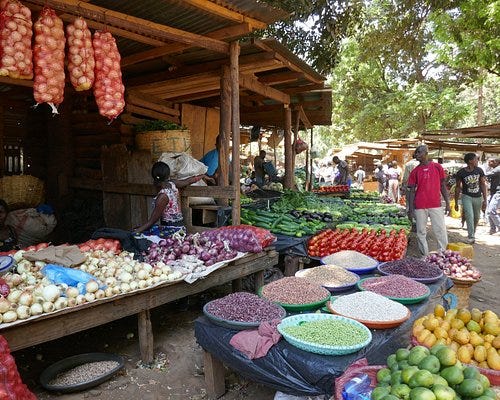CisaNet Raises Alarm Over Malawi's food insecurity
The latest currency depreciation coincided with the release of the Integrated Food Security Phase Classification (IPC) report, which identified 4.4 million Malawians facing high acute food insecurity.
Lilongwe, Malawi -In a stark warning, the Civil Society Agricultural Network (CisaNet), a prominent civil society organisation dedicated to addressing food and agriculture concerns in Malawi, has voiced deep apprehension regarding the recent devaluation of the Malawi Kwacha against the US Dollar, writes Tionge Hara.
This alarming currency depreciation, according to CisaNet, could have dire consequences for the nation's food production, mainly because of its heavy reliance on imported fertilisers.
This economic development follows a series of socio-economic changes that threaten to further weaken Malawi's already fragile food systems.
CisaNet believes that, unless immediate and decisive measures are taken, these developments could plunge Malawi into one of the most severe food crises it has faced in decades.
One of the major concerns is the timely procurement of vital farm inputs by the government to ensure that both smallholder and commercial farmers have access to them.
The network has also urged the government to ensure that sufficient foreign exchange reserves are available to cushion the impact of currency fluctuations.
The Reserve Bank of Malawi recently announced a 0.27% depreciation of the Kwacha as of August 31, 2023.
This comes on the heels of a 2.4% depreciation in June, prompted by a 25% devaluation of the Malawi Kwacha earlier in the year, as recommended by the World Bank and International Monetary Fund (IMF).
The latest currency depreciation coincided with the release of the Integrated Food Security Phase Classification (IPC) report, which identified 4.4 million Malawians facing acute food insecurity.
This staggering number represents 22% of the country's total population and marks a significant increase from previous estimates, according to CisaNet.
Furthermore, a report by the Food and Agriculture Organization (FAO) indicated that Malawi is among the countries expected to experience extreme heat weather conditions from November 2023 to March 2024.
The current situation, coupled with forex shortages, poses a severe threat to the country's key economic sectors: food, fuel, and fertilizer.
It is particularly concerning for the Affordable Inputs Programme (AIP), which serves nearly half of those facing acute food shortages.
If forex and fuel shortages persist, the importation of fertilizers required for the AIP may be compromised, affecting both beneficiaries and non-beneficiaries, according to CisaNet.
Herbert Chagona, CisaNet Board Chairperson, emphasized, "We stand ready to always provide checks and balances; hold it accountable whenever it comes short of its mandate in the sector. Therefore, scoring political points, or otherwise at this stage, should not be done at the expense of hunger or health. These are matters of life and death."
To address this crisis, CisaNet recommends several urgent measures, including strengthening market systems, enhancing emergency preparedness and response, promoting agricultural diversification and resilience, and implementing social safety nets and nutrition support programs.
Long-term solutions, such as climate change adaptation and mitigation, are also essential.
CisaNet emphasizes that the nation must unite to protect vulnerable populations, ensure food access, and build resilience against climate-related challenges.
The network calls upon the government and all stakeholders to take immediate action to avert the looming food crisis in Malawi.




